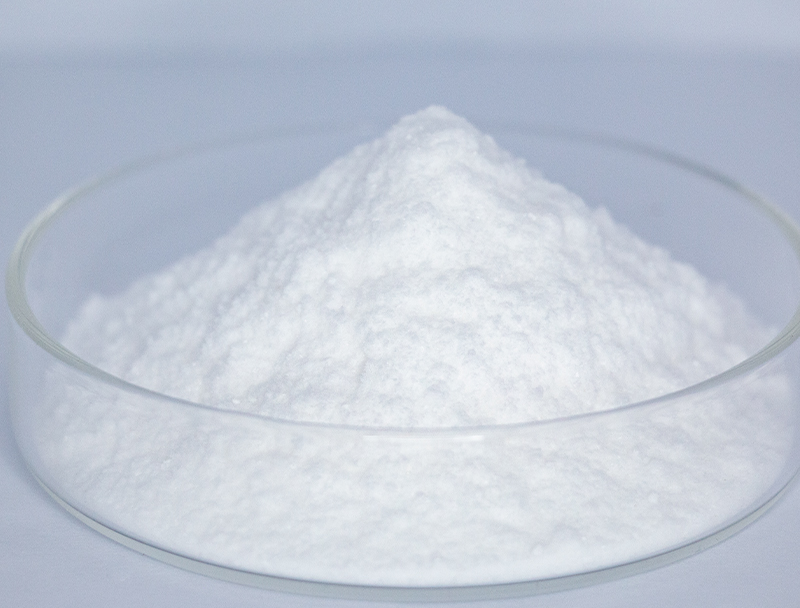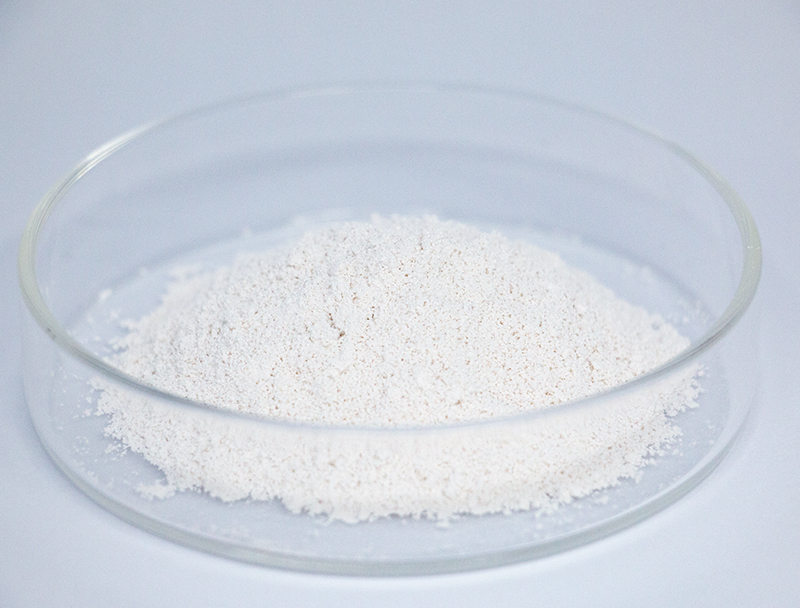
Modern biofabrication is grounded in a diverse spectrum of primary inputs to supply inventive bioproducts.
Protecting sustainably sourced materials is indispensable to sustainable success and conscientious scaling.
numerous problems stemming from established sourcing methods for example habitat harm and overextraction of resources. Therefore, producers should prioritize ethical sourcing models to curtail ecological damage.
- Cases of responsible feedstock strategies feature:
- Using repurposed agricultural residues as substrates
- Integrating recovery systems to shrink waste while improving throughput
- Partnering with local suppliers committed to ethical sourcing practices
The transition to greener sourcing offers both planet-friendly outcomes and business advantages.
Refining Biomass Sources to Enhance Fuel Conversion
Raising biofuel yields involves refining feedstock structure and content. Investigators regularly test new routes to upgrade biomass inputs, leading to higher yields of biofuels and a more sustainable energy future. Approaches include genomic enhancements to boost biomass growth and processing methods to convert complex lignocellulose into fermentable sugars.
- Similarly, research probes algae, byproduct streams, and harvest remnants as potential sustainable sources to augment biofuel feedstocks.
- Thanks to continuous exploration the sector is prepared to realize considerable strides toward an eco-friendlier energy mix.

Enhanced Upstream Strategies for Biopharmaceutical Yield
represents the initial stages of biopharmaceutical manufacturing, encompassing all steps from cell culture and cell harvesting Recent advances in this domain have led to improved production processes, ultimately increasing product yield.
Key advancements include the utilization of novel cell lines, optimized culture media formulations, and intelligent bioreactor designs. These advances improve throughput while lowering both operational expenses and ecological footprints.
- Similarly, continuous process trends grant superior flexibility and refined control across production stages.
- The adoption of higher-tech manufacturing practices will likely disrupt traditional models and speed therapeutic launches.

Molecular Editing Strategies to Increase Bioproduct Output
improvements in molecular editing platforms like CRISPR have updated therapeutic production processes. Using precise gene interventions, engineers raise the output of key therapeutic proteins. Such strategies offer promise to create cost-effective, high-efficiency therapeutics across many disease areas.
Applying Microbial Tools to Improve Environmental Remediation
innovative solutions for sustainable bioremediation, a critical process for addressing environmental pollution. Engineered and natural microbes can attenuate pollutants via metabolic conversion.. Applying microbial remediation systems creates low-impact cleanup options that address contamination efficiently.. Investigators study multiple microbial strains for abilities to transform metals, degrade agrochemicals, and process petroleum wastes.. Organisms may be utilized in controlled reactors or in place to accelerate contaminant decomposition through biodegradation..
Employing microbial strategies for remediation provides multiple benefits versus traditional techniques. Such strategies are budget-friendly and lessen the creation of harmful byproducts. Similarly, microbe-based remediation affords specificity that avoids extensive ecosystem disturbance. Advancements continue apace to increase the speed, efficiency, and applicability of microbial remediation techniques.
Leveraging Bioinformatics for Novel Therapeutics
Computational tools have grown indispensable in the current drug discovery landscape. From identifying potential drug candidates to optimizing their efficacy and safety, bioinformatics enables a more efficient and data-driven approach.
- By analyzing vast datasets of genomic, proteomic, and clinical data, bioinformaticians can uncover novel drug targets and predict the activity of potential therapeutics.
- Similarly, modeling drug–target interactions streamlines design of compounds with better efficacy and selectivity.
- Finally, data-driven informatics is changing drug development and hastening patient access to effective therapies.
Metabolic Engineering Strategies for Enhanced Bioproduct Synthesis
uses diverse methods to increase biosynthesis of target bioproducts in organisms. Techniques span CRISPR-mediated edits to reshape pathways, synthetic control elements to fine-tune expression, and gene imports to grant new biosynthetic abilities.. By fine-tuning these processes, engineers can significantly increase the yield of desired bioproducts.
Such an integrated approach may disrupt diverse fields including therapeutics, crop science, and sustainable fuels.

Upscaling Biopharma: Obstacles and Potential Gains
Commercializing biopharma production involves significant constraints and promising benefits. One major challenge is maintaining consistent product quality at increased scales. Meeting the need calls for dependable control systems, granular monitoring, and cutting-edge analytical methods.

Process intricacy spanning various stages creates significant scale-up complexities.. Refining processes for commercial volumes demands deep R&D investment and novel engineering solutions.. Even so, the payoff can be large. Proper scaling can increase therapy supply, reduce expenses, and elevate profitability.
Various efforts target the core issues of industrialization. They encompass new process-improvement tools, in-line analytics for continuous oversight, and creative manufacturing approaches.
- Research and development activities are central to evolving manufacturing capacity.
- Government agencies are streamlining review procedures to permit quicker uptake of new production technologies and foster innovation.
Navigating the Regulatory Landscape for Biopharmaceuticals: Ensuring Safety and Efficacy
Engineering biologic therapies includes robust governance to assure patient safety and measure effectiveness. Biologically based treatments require tailored oversight and production controls beyond those for typical medicines.
Bodies like FDA and EMA shape the regulatory landscape and set benchmarks for evaluating innovative therapies..
Strict validation and testing steps are required across the product lifecycle from lab studies to post-market oversight.. The processes aim to expose risks and ensure that treatments meet exacting safety benchmarks.
In addition, regulatory entities adapt their frameworks to stay current with rapid research and technological developments.. Strategies include welcoming technological advances and simplifying development while prioritizing patient safety.

Harnessing Plant Feedstocks to Create Biodegradable Plastics
A stronger push for environmentally responsible materials is driving research into renewable options. Converting plant biomass into bioplastics offers a credible pathway to environmentally sound products. Plant-based biomass resources such as cornstarch, cellulose, sugarcane can be processed into biodegradable plastics that degrade naturally, minimizing the environmental impact of conventional plastics.
Moreover, bioplastics can mirror key properties of fossil-derived plastics and fit diverse application needs.. Continuous development will unlock plant biomass value for sustainable bioplastic production and support circular systems.
Biotechnology's Potential to Transform Health and Food Supply
Advanced biotech approaches can reshape healthcare delivery and enhance agricultural resilience. By applying gene editing, synthetic biology constructs, and cellular therapies, scientists create tools to fight disease, raise yields, and boost nutrition.. To illustrate, modified plants designed for pest resilience and environmental tolerance can raise outputs and reduce pesticide application.. Likewise, biotechnology enables new vaccines, novel therapeutics, and improved diagnostics essential to global disease mitigation and better health.. Calcium alpha-ketoglutarate As research progresses, biotechnology holds immense promise for creating a healthier and more sustainable future for all.
